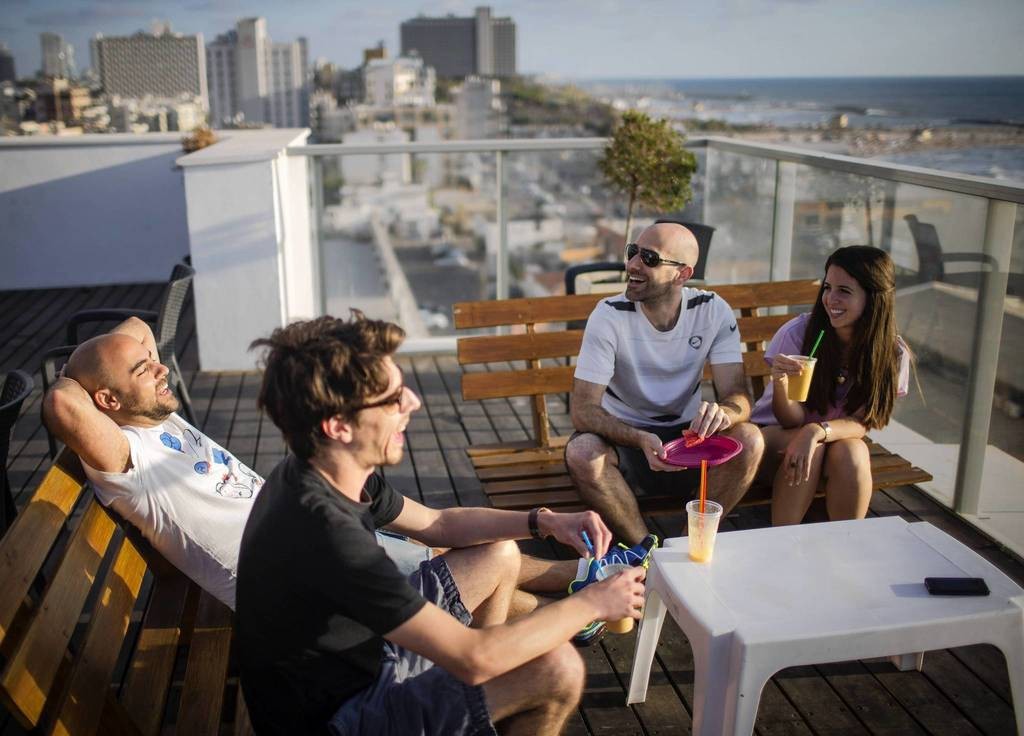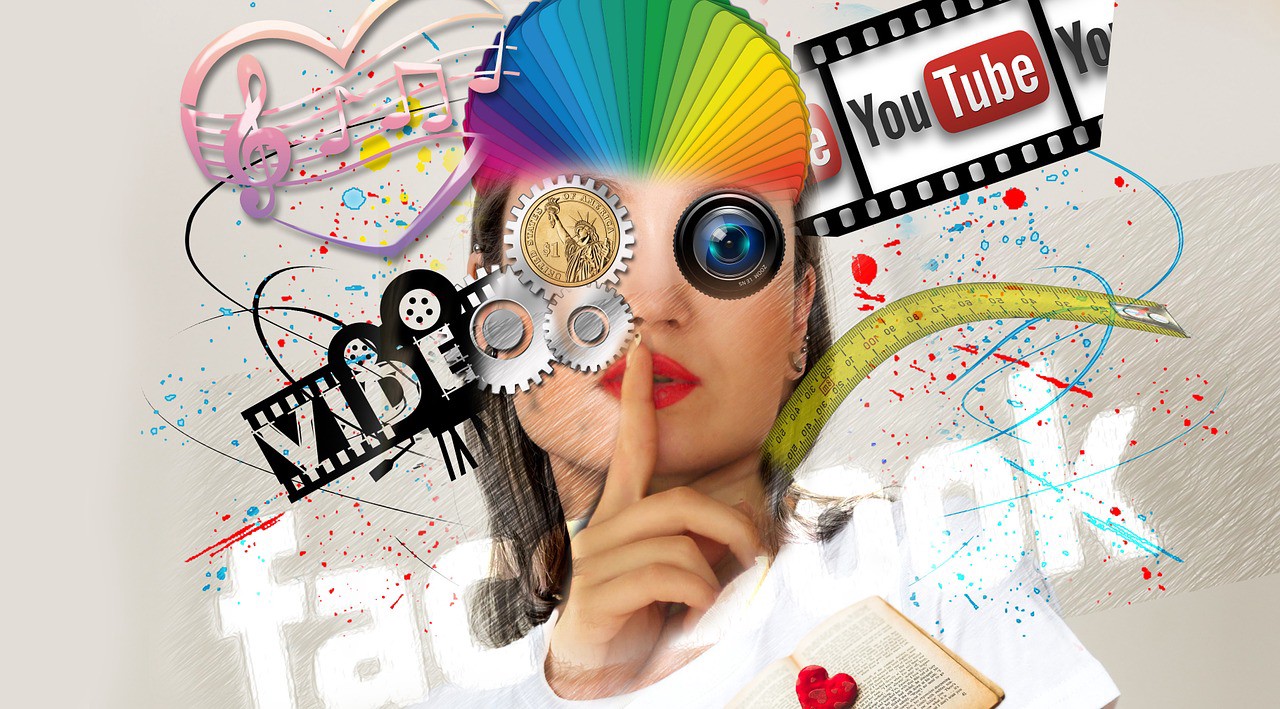In 2012 (ages ago) CNBC reported that 10 minutes a day on Facebook improve employees’ productivity. Quoting the article:
“…people are positively affected by the happiness of others, even if that happiness is viewed digitally. Additionally, research by the MIT Sloan School of Management found that people are more likely to continuously participate in online health forums if they see others doing so. According to the research, the online community that Facebook provides facilitates such employee behavior.”
I can say that in the short 5 year period since the research, the wind is now blowing in a completely different direction.
Now, if you want to improve productivity or lift your spirit, you need to step away from social media and even turn it off completely.
Researchers at the University of Pittsburgh School of Medicine recently conducted a study about the effects of social media habits on the moods of users. The research, polled 1,787 adults in the U.S. between the ages of 19 and 32, determined that the more time young adults use social media, the more likely they are to be depressed, and depressed employee is not productive ones.
But why would heavy social media usage cause depression?
When we are on social media, the “highly idealized representations of peers on social media elicits feelings of envy and the distorted belief that others lead happier, more successful lives,” the study states.
Meaning that when a person open social media to catch up or fill a void, seeing everybody else “enjoying life” can make them feel worse about themselves, as well as makes them feel like they are wasting their time.
Facebook, Snapchat, Twitter, and more…
The survey asked about 11 popular social media platforms: Facebook, YouTube, Twitter, Google Plus, Instagram, Snapchat, Reddit, Tumblr, Pinterest, Vine, and LinkedIn.
I am not sure one social media channel has the same effect as the other. For example, seeing photographs of your friend’s trip to the Bahama’s will have a different effect on you than watching funny cat videos on YouTube.
Therefore, I think we need to be cautious before generalizing and declaring all social media has the same depressing effect on us, or “we need to detox from social media to improve our wellbeing”.
Social media has become such an integrated component of human interaction, it is important to find the balance and in a way force the face to face social interaction. Which proves that we have much plenty to learn and we must continue studying.
Back to the Workplace.
As opposed to 10 minutes “social media breaks” I see more and more employees creating social gathering at the office i.e game areas, food areas, even a bar. This is because they know that the best productivity comes when people interact. By creating those areas people are “forced” to spend time together. The 10 minute break should be a live social interaction and not social media one.

Originally published at medium.com


